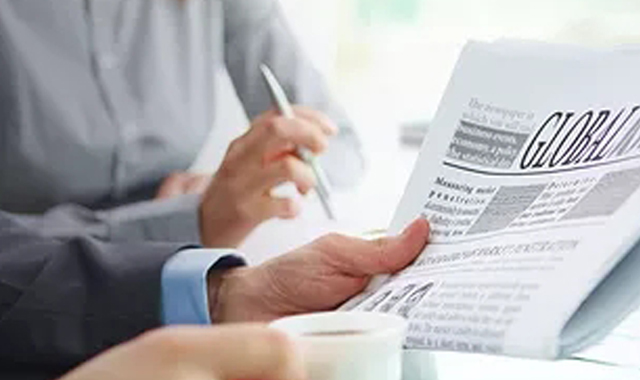-
17727404026


cross border logisticsThe European Union and China held the long-awaited 9th China-EU High-Level Economic and Trade Dialogue on Tuesday, during which the two agreed to promote pragmatic cooperation in economic and trade fields and vowed to enhance the stability of China-EU cooperation to better cope with the uncertainty of the global economic situation.
The virtual dialogue, which was delayed for about three months, is "pragmatic, efficient, candid and constructive," with discussions mainly centered around four topics, including macroeconomics, industrial supply chain, trade and investment, and financial cooperation, according to a report from the Xinhua News Agency.
During the meeting, which was co-chaired by Chinese Vice Premier Liu He and Valdis Dombrovskis, Executive Vice President of the EU Commission, the two reached a series of results and consensus on macroeconomic policy coordination, industrial and supply chain cooperation, WTO reform, market opening, implementation of the China-EU Geographical Indication Agreement, animal and plant inspection and quarantine, two-way opening of the financial industry, and regulatory cooperation, Xinhua said.

As the world political and economic situation is undergoing profound changes, the two also vowed to enhance mutual understanding, promote pragmatic cooperation in the economic and trade fields and respond to uncertainties in the world economy by enhancing the stability of China-EU cooperation.
The European Union Chamber of Commerce in China (EUCCC), which was engaged in the preparation of the meeting, said regarding the delay of the meeting that "scheduling high-level talks can be a challenging task since the leaders on both sides have multiple commitments."
"Climate change obviously stands out as a clear area for further cooperation. The heat waves blistering across the Northern hemisphere this summer should serve as a warning for leaders on both sides, prompting them to implement more ambitious policies," Jörg Wuttke, president of EU Chamber of Commerce in China, told the Global Times on Tuesday.
Chinese experts mentioned the meeting has "come just as needed" since it will inject certainty to the volatile world and will also fit in the interests of China and EU amid increasing external challenges stabilizing the development of bilateral relations.
The high-level dialogue touched traditional topics, including strengthening cooperation between China and the EU, and also new subjects, especially macroeconomics. Currently, as the European economy experiences greater pressure, it must rethink its economic development strategy if it wants to rejuvenate, Bai Ming, Deputy Director of the International Market Research Institute at the Chinese Academy of International Trade and Economic Cooperation, told the Global Times on Tuesday.
"A closer partnership with China and a solid foundation for the development of the industrial supply chains are the most realistic for the EU," Bai noted.
In terms of financial cooperation, although the stability of both the yuan and euro exchange rates is important, it is more realistic to see how China and Europe can have a good currency swap agreement, Bai added.
According to Xinhua, China and the EU agreed to jointly address the challenges facing the global economy and maintain stability in the global economy and financial markets. The two sides will strengthen communication and coordination on macroeconomic policies, increase cooperation in the fields of global food and energy security, and jointly promote global economic and financial stability.
Moreover, although progress on the China-EU Comprehensive Agreement on Investment (CAI) was not mentioned on Tuesday, the two sides agreed to further promote trade and investment liberalization and facilitation, increase mutual openness, promote fair competition, protect intellectual property rights and continuously optimize the business environment.
The investment agreement is actually more about Europe's desire to further strengthen cooperation with China in investment as industrial development is actually more beneficial to the European side, Cui Hongjian, Director of the Department of European Studies at the China Institute of International Studies, told the Global Times on Tuesday.
There remain different opinions within the European Parliament on whether to revoke the unilateral freeze, Cui said, urging the EU side to "correct mistakes" and resume the CAI talks as soon as possible.
In May 2021, the European Parliament approved a motion to freeze the ratification process, putting the brakes on the massive deal that is envisioned to assist the economic recovery of the 27-nation bloc amid lingering COVID-19 woes.
A spokesperson from the Chinese Commerce Ministry said late Tuesday that during the meeting, China also lodged concerns about the EU's recently launched international procurement tools, foreign subsidy review, carbon border adjustment mechanism and other trade policies, and "hopes that the EU will prudently introduce restrictive and discriminatory trade measures."
The spokesperson said that China and the EU also agreed in the dialogue to jointly ensure the safety and smoothness of trade channels, including the China-Europe freight train, and enhance communication and exchanges in industrial supply chains. Both sides will also further promote two-way opening up and regulatory cooperation in the financial industry and welcome qualified financial institutions to invest in each other's markets.